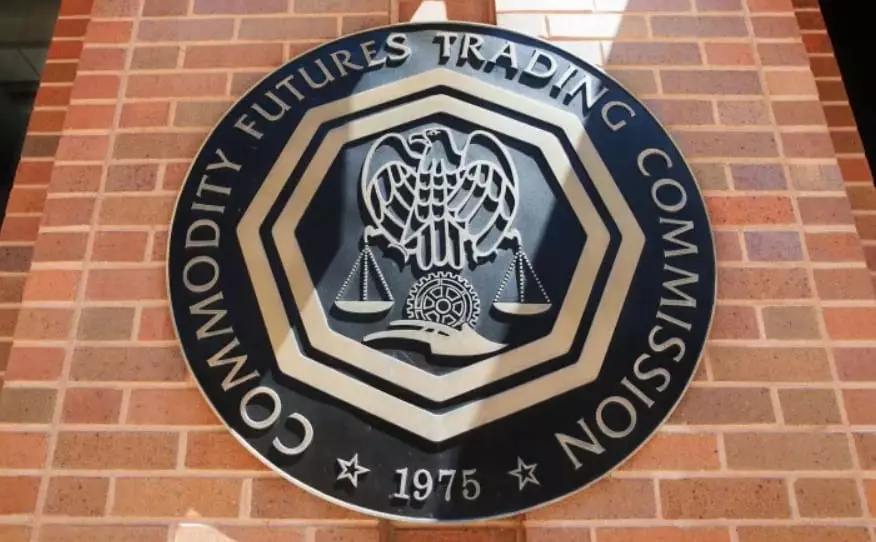In recent weeks, both Crypto.com and Kalshi have found themselves in the spotlight of the Commodity Futures Trading Commission (CFTC). This attention stems from inquiries regarding the compliance of their Super Bowl event contracts with the stringent requirements governing derivatives. The CFTC has statutory authority to inspect and demand documentation from exchanges that self-certify financial products, with a focus on ensuring that these entities implement necessary safeguards against market manipulation.
Self-certification can be a double-edged sword for firms involved in financial derivatives. It allows companies like Crypto.com to expedite their product offerings without waiting for extensive regulatory approval. However, this freedom comes with an obligation to operate within the confines of existing laws and regulations. The CFTC’s recent demands emphasize a growing concern over the potential risks associated with unregulated trading, particularly in the fast-evolving sphere of event contracts. The outcome of this scrutiny could reshape the operational landscape for both firms, depending on whether existing products meet the CFTC’s compliance measures.
Emphasizing their position, Crypto.com has expressed confidence in the legality of its event contracts, asserting their commitment to working in tandem with the CFTC’s review process. This collaboration suggests a willingness on Crypto.com’s part to ensure compliance and maintain market integrity while also highlighting the agency’s critical role in overseeing fair trading practices. This remains a crucial aspect as the industry looks for reliable frameworks that can bolster consumer trust and protect against exploitation.
The timing of this inquiry aligns with the CFTC’s recent initiatives to delve into emerging challenges within derivatives markets. Public roundtables have stimulated discussions on such matters, thereby placing event contracts at the forefront of regulatory considerations. However, the nature of these discussions and how they could influence future regulatory measures remains to be seen. The CFTC’s aggressive approach underlines its commitment to safeguarding consumers and maintaining orderly markets.
Just days before this inquiry surfaced, Robinhood Derivatives introduced event contracts tied to the upcoming Pro Football Championship. Available through KalshiEX, these contracts prompted questions about how similar offerings might be classified and regulated. The CFTC’s attention to this sector suggests an ongoing interest in establishing a clearer regulatory framework for prediction markets, especially as they intertwine with blockchain technology.
The situation surrounding Crypto.com and Kalshi not only spotlights the immediate challenges these companies face but also raises broader questions about the future of prediction markets. The rise of platforms like Polymarket has already raised concern among regulatory authorities, particularly following high-profile incidents such as the FBI raid on Polymarket’s CEO. As online betting and blockchain technology continue to reshape the financial landscape, regulatory bodies must adapt to ensure they manage risks while fostering innovation.
The scrutiny of Crypto.com and Kalshi by the CFTC serves as a pivotal reminder of the balancing act between innovation and regulation in the rapidly evolving arena of derivatives trading. How the situation unfolds will be critical not only for these firms but for the future of predictive financial products as well.

